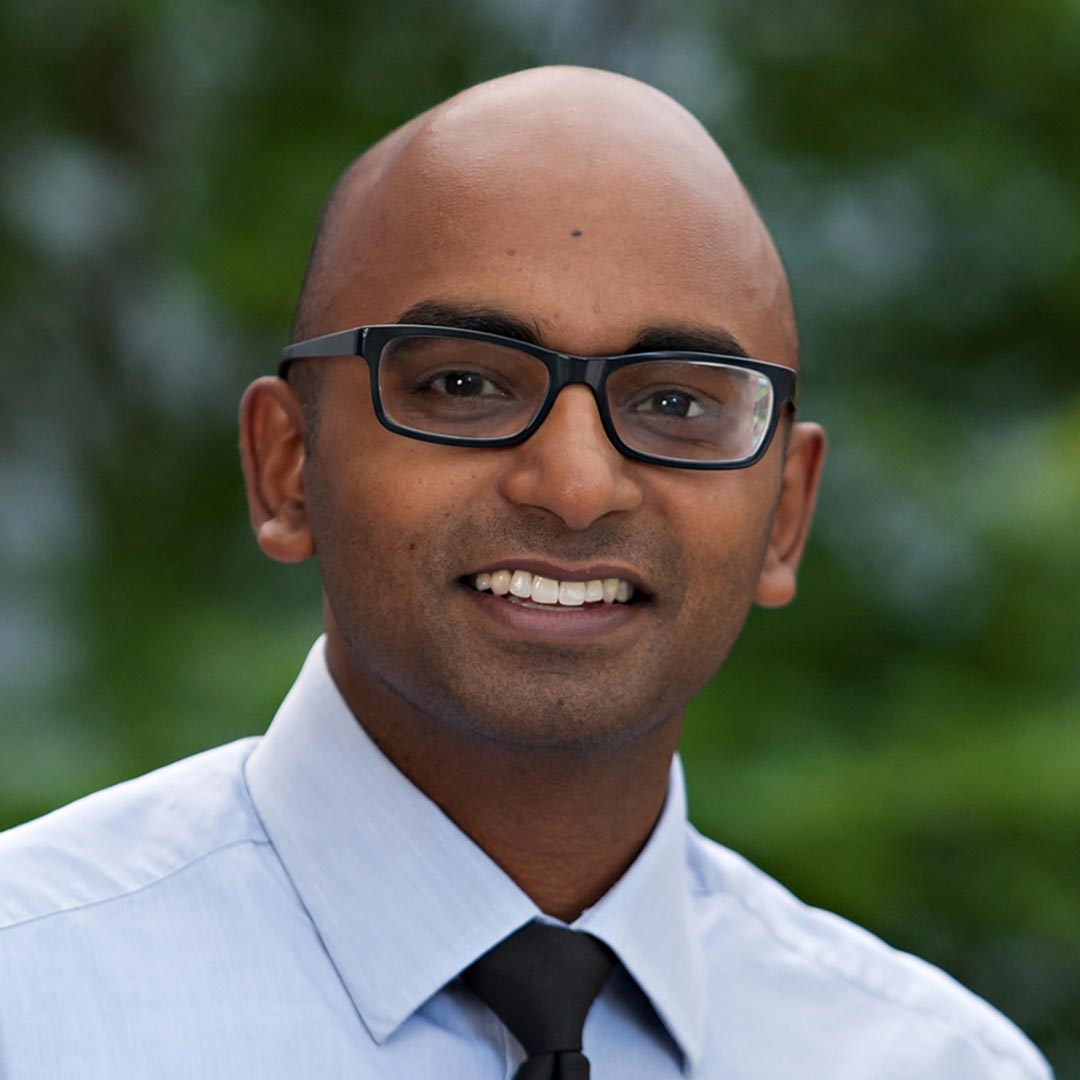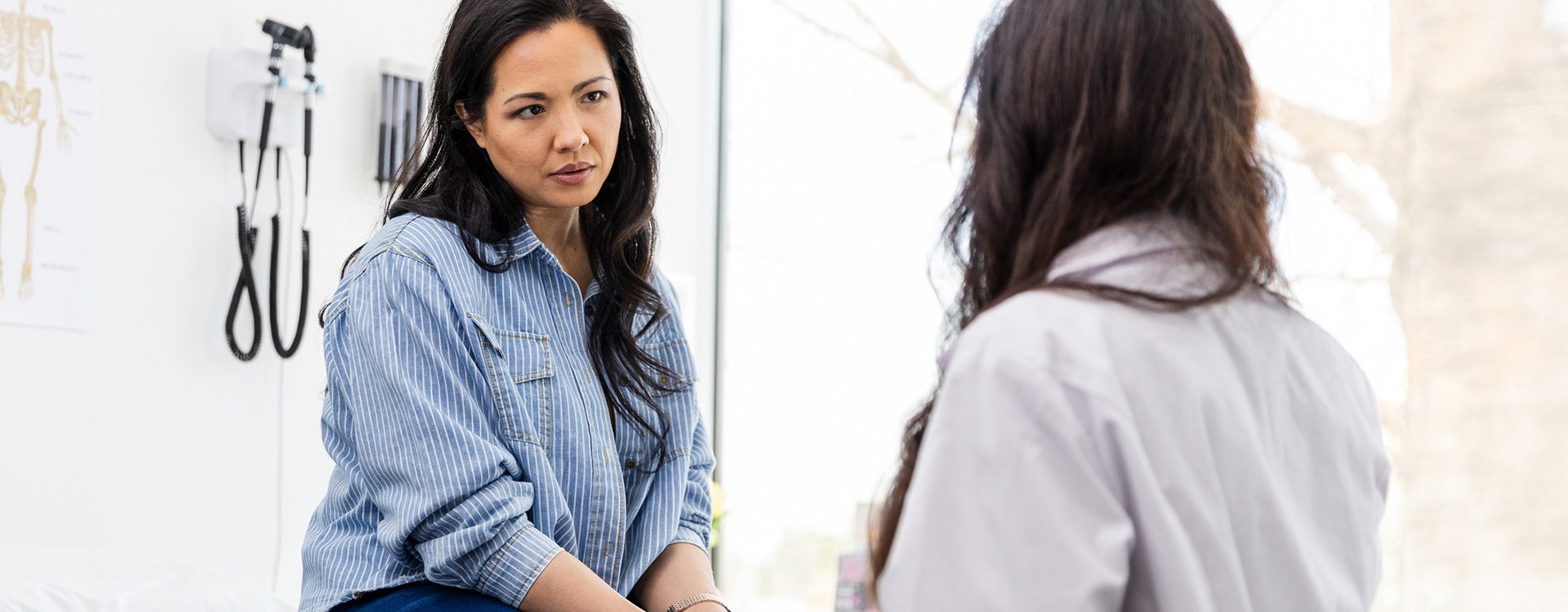Unlike many other cancers, colorectal cancer can literally be stopped in its tracks—before it turns into cancer—during a colonoscopy, or colon cancer screening. Even better, there are many ways you can reduce your risk, here’s what you need to know:
What is colorectal cancer?
Colorectal cancer is cancer in the colon and/or rectum. The colon is part of your large intestine; the rectum joins the colon to the anus. Colorectal cancer is treatable, especially in the early stages and even when it has spread to the lymph nodes. It is more difficult to treat once it has spread to other organs, though surgery and other therapies can improve quality and length of life.
Why is a colon cancer screening so important?
A colon cancer screening may prevent you from needing cancer treatment in the first place. Not only can a colonoscopy detect colon cancer so it can be treated, but it can also detect precancerous polyps, or growths, on the colon. These polyps are usually the start of colon cancer and once they are removed, so is the potential cancer.
There is no need to dread a colonoscopy—many people realize the exam wasn’t nearly as unpleasant as they expected. It takes about 30 minutes, it’s painless and you will be given medication to help you relax during the procedure.
Although there is a very small risk of colon perforation or bleeding, this occurs in less than 0.5 percent of colonoscopies. The benefits of preventing colon cancer—avoiding the potential for surgery, radiation and chemotherapy—far outweigh the risks.
Who needs a colon cancer screening?
Everyone from age 45, or sooner if you have a first-degree relative who has had the disease. Colorectal cancer affects both men and women as well as all ethnic and racial groups. Talk to your doctor about scheduling a colon cancer screening.
What are the risk factors for colon cancer?
The following risk factors can increase your chances of colon cancer. While some are not under your control, many are which means you can significantly reduce your risk of disease.
Risk factors you can control:
- Being overweight or obese
- Diet high in red meat (beef, lamb, pork and liver) or processed meats (bacon, bologna, ham, salami, sausage and hot dogs)
- Excessive alcohol consumption (more than two drinks a day for men, more than one drink a day for women)
- Not being physically active
- Smoking
Risk factors you can’t control:
- Age
- Family history of colorectal cancer
- Inflammatory bowel disease (Crohn’s disease or ulcerative colitis)
- Inherited syndromes (gene mutations in your family that increase your likelihood of cancer)
- Personal history of polyps or colorectal cancer
- Race (African Americans and Jews of Eastern European descent have higher incidences of colorectal cancer)
- Type 2 diabetes
Warning signs of colon cancer
If you have any of these “red flag” symptoms, don’t ignore them, no matter what your age—colorectal cancer is on the rise in young people. See a health care professional.
- A change in bowel habits that lasts for more than a few days, including constipation, diarrhea and/or narrow stool
- Blood in the stool or dark stools
- Feeling like you need to have a bowel movement, but the feeling doesn’t go away afterward
- Rectal bleeding
- Stomach cramping or pain
- Weakness or feeling extremely tired
- Unintentional weight loss
How can colon cancer be prevented?
Here are scientifically proven ways to reduce your risk of colon cancer:
- Eat plenty of vegetables, fruits and whole grains
- Exercise regularly (if you’re new to exercise, work your way up to 30 minutes most days of the week)
- Get a colonoscopy once you turn 50 (or earlier if recommended by your doctor)
- Limit alcoholic beverages to two per day if you’re a man and one per day if you’re a woman, or don’t drink at all
- Lose weight if you are overweight or obese, or maintain a healthy weight
- Quit smoking
What should I do next?
Schedule an annual physical (if you haven’t already) with your primary care doctor. Talk to them about your colon cancer risk factors and ask if you need a screening. Visit pardeehospital.org to find a doctor near you.





